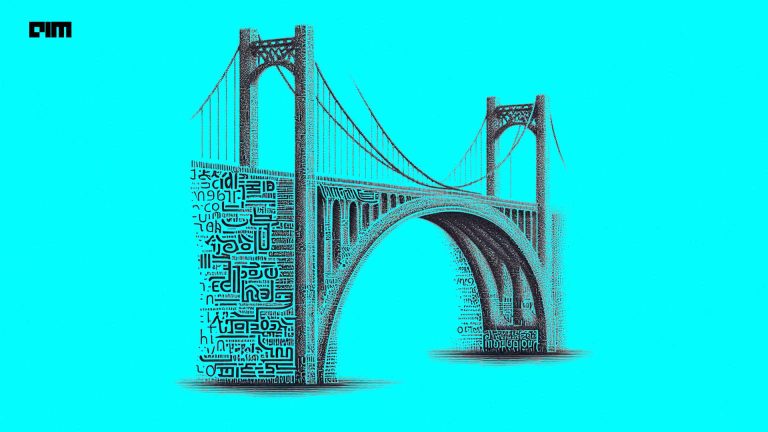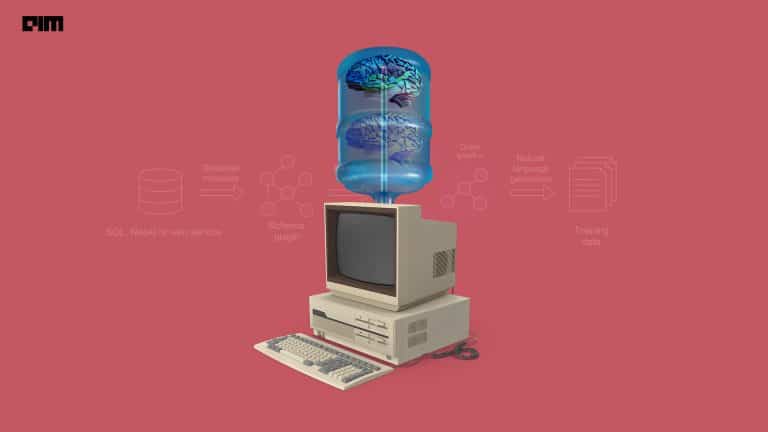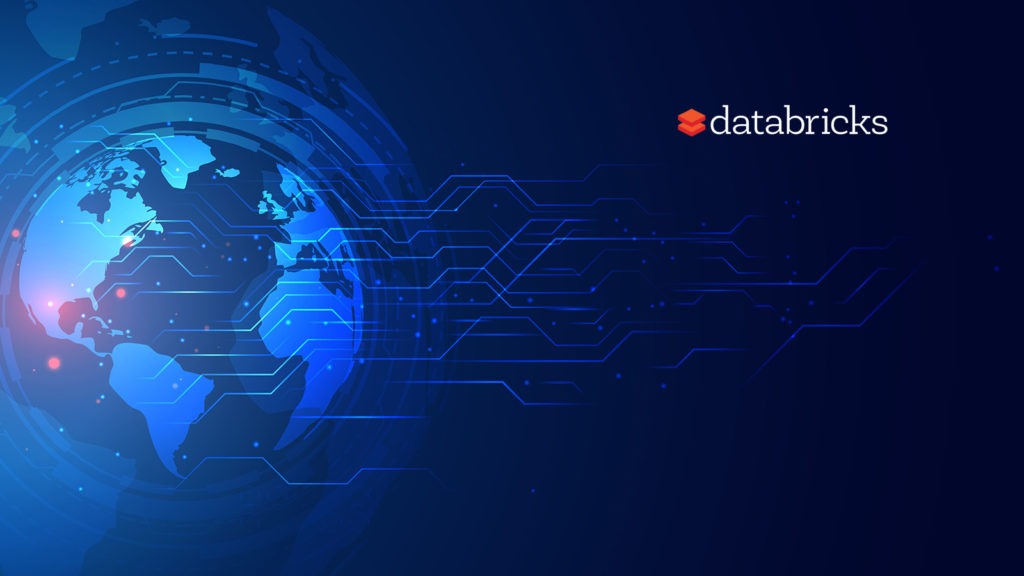|
Listen to this story
|
In the world of supply chain management (SCM), efficiency is the name of the game. This is where AI comes into play, as it can help streamline operations, minimise waste, and optimise logistics. With AI, businesses can better forecast demand, manage inventory levels, and make smarter decisions based on real-time data. AI can also help identify potential bottlenecks in the supply chain, allowing for proactive measures to be taken to prevent disruptions.
In short, AI is the ultimate sidekick for SCM professionals, providing insights and support to help them make better decisions faster. With its ability to process vast amounts of data and identify patterns, AI can provide valuable recommendations for supply chain optimization, such as identifying the best shipping routes, managing supplier relationships, and predicting market trends.
Therefore, we have compiled some of the best tools and libraries for you that can be used for building better SCM systems. These are also the ones that are used by famous AI based cloud providers for SCM.
Demand Forecasting/Predictive Analytics
ARIMA (AutoRegressive Integrated Moving Average) is a class of models used for time series analysis and forecasting, including demand forecasting. Its main task is to predict future demands and outcomes, therefore is ideal for predictively analysing the future in the supply chain.
Clustering
Sklearn provides various functions for clustering data, including the popular K-means clustering algorithm, which groups N data points into K clusters. This is very beneficial for clustering unlabeled data.
Natural Language Processing
Hugging Face Transformers
The Huggingface’s Transformers framework is a cutting-edge Python tool that is compatible with both PyTorch and TensorFlow. It offers several pre-trained models for various natural language processing tasks, including text classification for sentiment analysis, question-answering for chatbots, text summarization, text translation, and text generation.
Computer Vision/Image Segmentation/Image Classification
PyTorch is a popular scientific computing framework for machine learning that provides a wide range of algorithms for deep learning using a Lua-based scripting language and underlying C implementation. It is user-friendly and supports creating custom CNN models and transfer learning. The PyTorch community is large and active, offering helpful support through its forum.
TensorFlow, developed by Google, is another scientific computing framework that supports building simple and complex neural networks. It also offers a wide range of mathematical algorithms, similar to PyTorch. Additionally, TensorFlow has Keras, a deep learning framework that is widely used and easy to work with compared to both PyTorch and TensorFlow.
OpenCV is a vision library that is mainly used for real-time applications to analyse and manipulate images and videos. It is compatible with both PyTorch and TensorFlow.
Reinforcement Learning/Building Chatbots
Ray is an open-source framework with a universal API for building distributed applications. It includes RLlib, a scalable reinforcement learning library, and Tune, a scalable hyperparameter tuning library, and supports various deep learning frameworks.
OR-Gym is an open-source library for developing reinforcement learning algorithms to solve operations research problems. It mainly contains environments consisting of operations and research problems within OpenAI Gym API, bringing it to the community.
Data Visualisation
Spatial Data Analysis
Folium is an interactive Python library for creating various types of Leaflet maps, making it useful for dashboard building.
NetworkX is a Python package used for studying the structure, dynamics, and functions of complex networks, including social, biological, and infrastructure networks. It has a standard programming interface and graph implementation suitable for many applications and large nonstandard data sets.
Time Series Analysis
Geoplot is a matplotlib extension that facilitates geospatial visualisation and is compatible with matplotlib.
Matplotlib is a widely used visualisation library in the Python community. It has various functions that are beneficial for different needs, including time series analysis functions like line plots, histograms, density plots, box and whisker plots, heat maps, lag plots, and autocorrelation plots.
Seaborn is another popular visualisation tool that provides interactions through various colour palettes and designs.
Plotly is a library that provides live interactive design and additional functions like select, zoom in and out, etc.




















































































